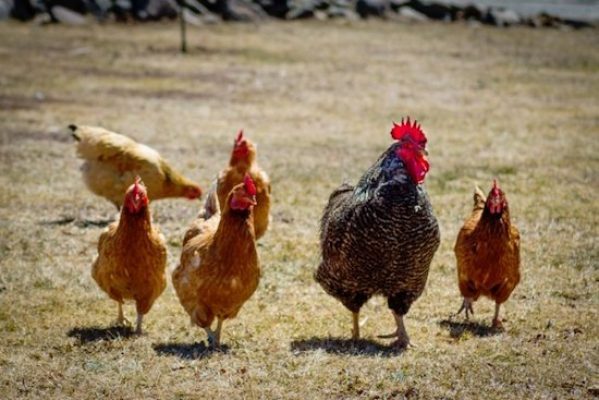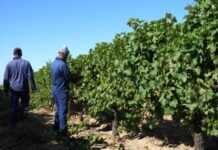Mahikeng- The North West Province has recorded four (4) Highly Pathogenic Avian
Influenza (H5 and H7) cases. All these cases are in the Bojanala Platinum District
Municipality.
These outbreaks were confirmed through the Polymerase Chain Reaction (PCR)
method which is definitive. These farms are layer farms and are also registered as ZA
compartmentalized facilities with the National Department of Agriculture, Land Reform
and Rural Development (DALRRD).
As precautionary measures, quarantine notices have been issued and a proposal for
culling the affected farms has been issued to them. The Province is currently
maintaining the quarantine until a positive response has been received from the
National Director of Animal Health (NDAH) at DALRRD.
Provincial Veterinary Services officials are on the ground investigating possible
outbreaks in the region of Dr Kenneth Kaunda District and in other parts of the
Bojanala Platinum District Municipality.
Avian influenza is a highly contagious viral disease that affects several species of food producing birds, pet birds, and wild birds. Occasionally, other mammals including
humans, may also contract avian influenza.
H5 and H7 avian influenza are classified into two categories according to the severity
of disease it causes in poultry namely low pathogenic avian influenza (LPAI) and highly
pathogenic avian influenza (HPAI). LPAI strains cause few or no clinical signs in poultry
while HPAI strains may cause severe clinical signs and potentially high mortality rates
among poultry.
Poultry is defined by the World Organization for Animal Health as all domesticated
birds, used to produce meat or eggs for consumption, for the production of other
commercial products, for restocking supplies, or for breeding. Backyard poultry is
excluded from the WOAH definition of poultry only if the birds are kept in a single
household, the products of which are used within the same household exclusively with
no direct or indirect contact with poultry or poultry facilities.
Outbreaks of HPAI in poultry may result in trade bans on the export of poultry and
poultry products. Reporting of HPAI outbreaks in non-poultry (e.g. wild birds, pet
birds, birds kept as a hobby, backyard poultry as defined by the 2021 OIE Terrestrial
Animal Health Code), to the WOAH does not have trade implications.
Both passive and active surveillance for avian influenza is conducted on a semester
basis in the North West in order to detect any incursion of avian influenza. Active
surveillance in commercial chickens is conducted every six months with monthly
surveillance in AI-free compartments that are registered with DALRRD.
To prevent the spread of the virus, farmers are advised to only accept eggs from reputable suppliers who have a track record of good biosecurity, to pick up and clean faeces droppings from wild birds around chicken houses as they are carriers of the virus, to cover open patios of free-ranging birds and close openings on roofs of chickens where wild birds can come as they are attracted by chicken feed.
Farmers are also advised that South Africa does not vaccinate for HPAI and should
rather increase biosecurity to prevent the disease from being introduced in their
establishments.
It is advised that any increased mortality in birds should be reported to the nearest
State Veterinary office in the North West Province.








